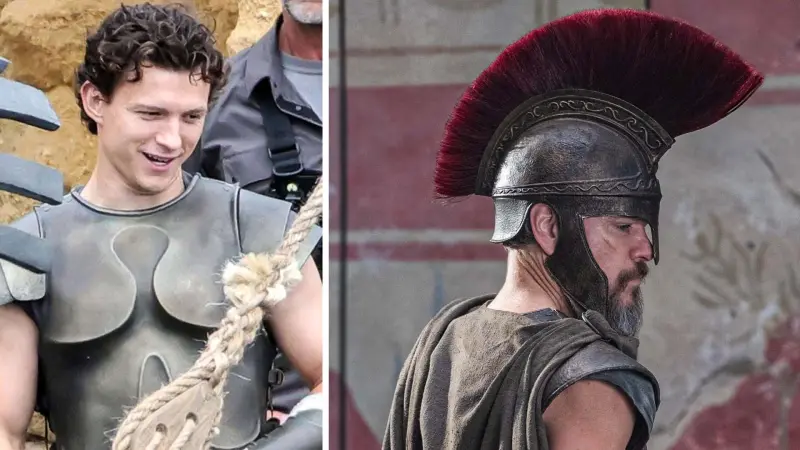By The Archaeologist editor group
The story of the Achaean Greek fighters inside the Trojan Horse comes to us from ancient Greek mythology, particularly through epic poems like Homer's "Iliad" and "Odyssey," as well as other literary and historical sources such as Virgil's "Aeneid" and writings by Dictys Cretensis and Dares Phrygius. These sources, although steeped in myth, are the primary literary accounts that give us insight into the events of the Trojan War and the subterfuge involving the Trojan Horse.
According to the myth, after a 10-year siege, the Greeks constructed a large wooden horse to gain entrance into Troy. The horse was offered as a gift to the Trojans, who were unaware that it was filled with some of the best Achaean warriors. The Trojans brought the horse into the city as a trophy, thinking the Greeks had given up and returned home. Under the cover of night, the warriors emerged from the horse and opened the city gates for the rest of the Greek army, leading to the fall of Troy.
The list of Greeks who were said to be inside the Trojan Horse includes some of the most prominent heroes of Greek mythology. Each had his own backstory and feats, and many were mentioned or given roles in the epic poems:
Odysseus: Often credited with the idea of the Trojan Horse, he is a central figure in both the "Iliad" and the "Odyssey."
Diomedes: A king of Argos, one of the most respected warriors, who played a significant role in the "Iliad."
Neoptolemus, also known as Pyrrhus, was the son of Achilles and was known for his fierce fighting during the fall of Troy.
Menelaus: The king of Sparta, whose wife Helen's abduction by Paris triggered the Trojan War.
Ajax the Lesser: A leader of the Locrian contingent, not to be confused with Ajax the Great.
Machaon and Podalirius, sons of Asclepius, were renowned healers as well as warriors.
Epeius: The builder of the Trojan Horse
Philoctetes: He possessed the bow and arrows of Heracles, which were said to be crucial to the Greek victory.
This is the whole list of the Achaean warriors:
Acamas, Idomenus, Iphidamas, Agapenor, Ajax the Lesser, Leonteus, Amphidamas, Machaon, Amphimachus, Meges, Anticlus, Menelaus, Antimachus, Menetheus, Antiphates, Meriones, Calchas, Neoptlemus, Cyanippus, Odysseus, Demophon, Peneleus, Diomedes, Philoctetes, Echion, Podalirius, Epeius, Polypoetes, Eumelus, Sthenelus, Euryalus, Teucer, Eurydamas, Thalpius, Eurymachus, Thersander, Euryplyus, Thaos, lalmenus, Thrasymedes
These characters have been immortalized through various forms of art, literature, and later interpretations, including plays, sculptures, and movies. Their stories are a blend of historical conjecture and mythological embellishments, making it difficult to discern historical facts from literary fiction. However, the legacy of these characters and their supposed stratagem in the Trojan Horse has had a lasting impact on Western literature and remains a popular subject of study in classical mythology.








